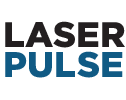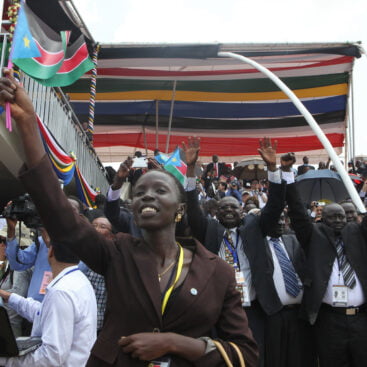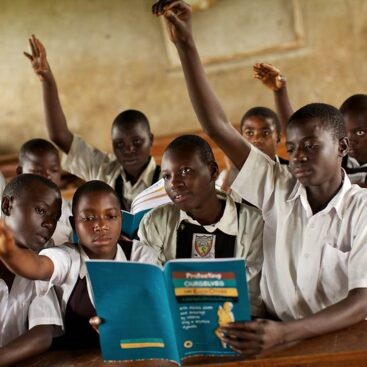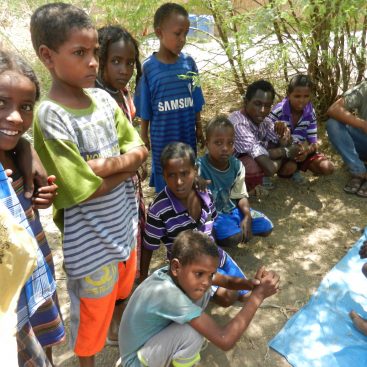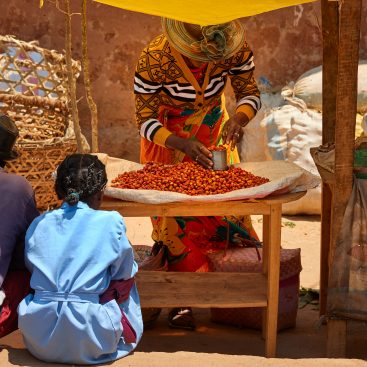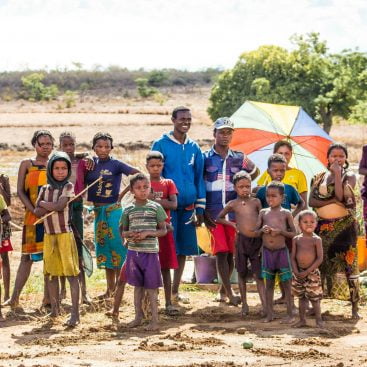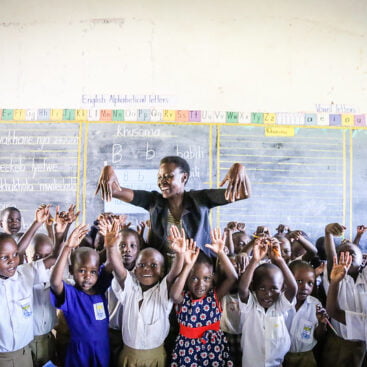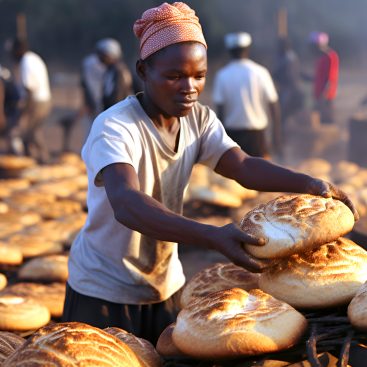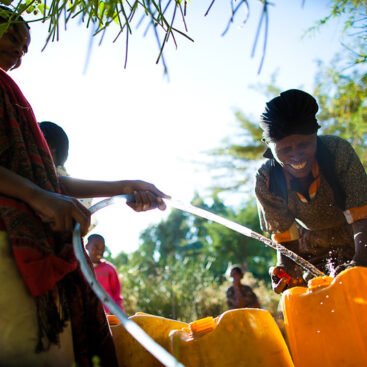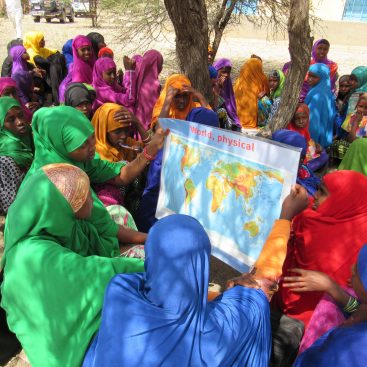Research Team
PI:
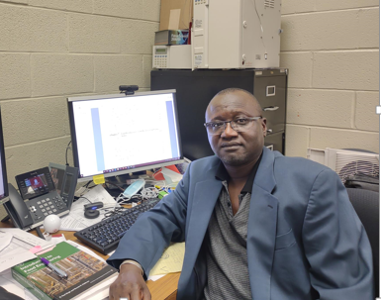
Lamin Kassama, Ph.D.
Professor, Food Engineering/Processing
Alabama A&M University
Lamin.kassama@aamu.edu
Co-Pi:

Armitra Jackson-Davis, PhD
Associate Professor Food Microbiology
Alabama A&M University
armitra.davis@aamu.edu
Co-Pi:

Kizito Nishimwe, PhD
Lecturer
University of Rwanda
k.nishimwe@ur.ac.rw
Co-Pi:
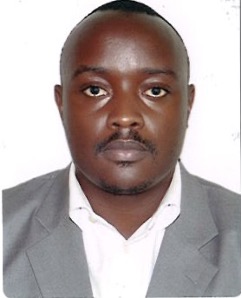
Anselme Shyaka, PhD
Assistant Professor
Center for One Health, University of Global Health Equity (UGHE)
ashyaka@ughe.org
Embedded Research Translation Lead:
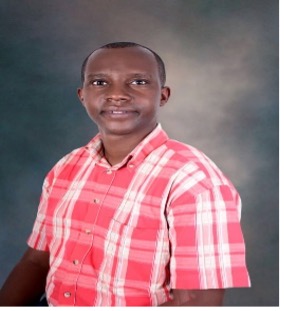
Eugene Niyonzima, Ph.D
Division Manager
Rwanda Agriculture and Animal Resources Development Board (RAB)
eugene.niyonzima@rab.gov.rw
Embedded Research Translation Lead:

Olivier Kamana, Ph.D
Head of Department
National Industrial Research & Development Agency (NIRDA)
olivier.kamana@nirda.gov.rw
Project Information
Title of Project: The impact of traditional practice on the quality and safety of post-production handling in the milk value-chain in Rwanda
Sector: Agriculture and Food Security
Country: Rwanda
Lead Institution: Alabama A&M University (AAMU)
Co-PI Institutions:
University of Rwanda
University of Global Health Equity (UGHE)
Partners:
Rwanda Agriculture and Animal Resources Development Board (RAB)
National Industrial Research & Development Agency (NIRDA)
Final Budget: $150,000.00
Project Length: 12 months
Research Objective:
The overall goal of this research project is to identify the key constraints associated with post production quality and safety issues of the milk value chain in Rwanda, and to develop an intervention mechanism to mitigate food quality and safety to reduce post production losses in the milk value chain. The intervention will restore the integrity of post production safety and hence increase the public confidence in the consumption of milk and dairy products and likewise increase the sustainability and resilience of the postproduction milk value chain in Rwanda
Project Description:
In Rwanda, milk production has increased from 142,511 MT in 2005 to 891,326 MT in 2020 and is expected to grow to reach 1,250,000 MT by 2024. The production increase is part of an effort of the Rwandan Government to combat persistent malnutrition through initiatives, namely the “Girinka” (‘one cow per poor family’) program, which helps vulnerable families to have access to milk and dairy products by providing them with cows. Genetic improvement programs were also launched to improve local breeds, the adoption of zero-grazing to combat animal diseases, and an increase in land degradation.
The proposed research project will strengthen milk collection centers (MCC)’s capacities through a risk-based controls approach – a proactive and systematic approach aimed at identifying, evaluating, and controlling food safety hazards. The approach will not only identify the real risks at MCCs and enhance their testing capacity using reliable and low-cost techniques but will also develop a standardized curriculum by establishing a “Food Safety Plan” for adoption across all MCCs in the country. The project will be piloted to the selected MCC before scaling up countrywide by providing training for policymakers on the standardization of quality and safety in the milk value chain in Rwanda.
Embedded Research Translation Product:
From the proposed research project, translated products are:
• Workshops: These will be conducted by the research team to train farmers, middlemen, project staffs including women groups and policymakers.
• Standardized Curriculum on milk handling quality and Safety Plan: An online continuous certification program on milk handling, safety and quality control in the milk value chain Rwanda intended for MCC staff will be developed in this pilot study and scaled up by translation partners, RAB and NIRDA.
• Training Manual: On milk handling, safety, and quality control on the milk value chain.
• Teaching and guideline materials: In collaboration with the translation partner, RAB, teaching and guideline materials on the developed proof-of-concept products will be developed and disseminated to different stakeholders through seminars and workshops.
• Training Students: at the UR will participate in this project, hence they will be trained on TQM and the implementation of food safety plans.
• Dissemination: In collaboration with RAB, Social media, rural broadcasting will be used to engage a broader audience including farmers and the general public on milk safety issues. In addition to workshops, seminars will be organized with different influential stakeholders.
Embedded Research Translation Audience:
Dairy farmers including women groups, NGOs involved in the dairy sector, livestock extension agents in the dairy sector, policymakers in dairy sector, and academia.
Outputs:
• Standardized Curriculum on milk handling quality and Safety Plan:
• Training Manual on milk handling, safety, and quality control on the milk value chain
• Develop certification program on milk handling and safety
• Publications in peer-reviewed journals.
